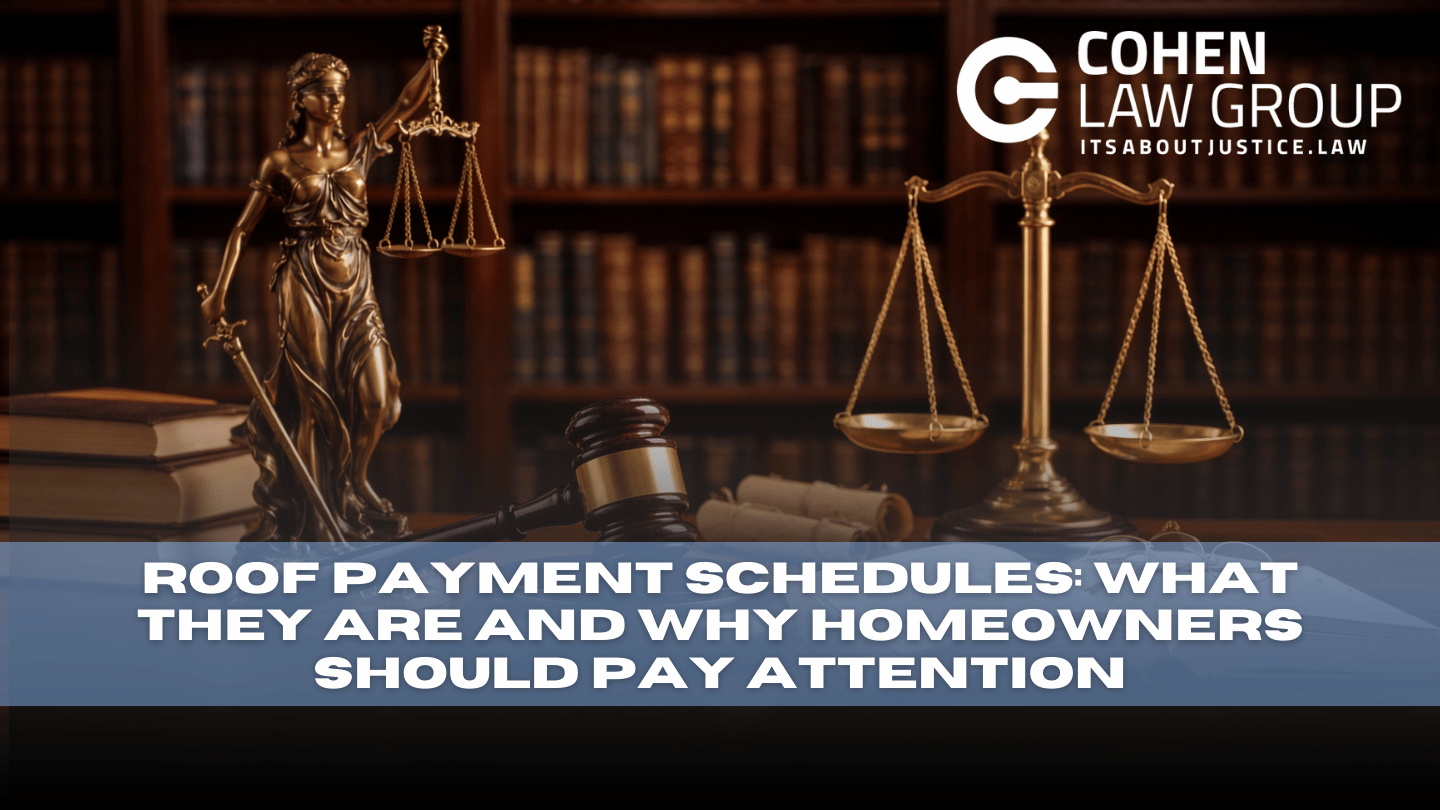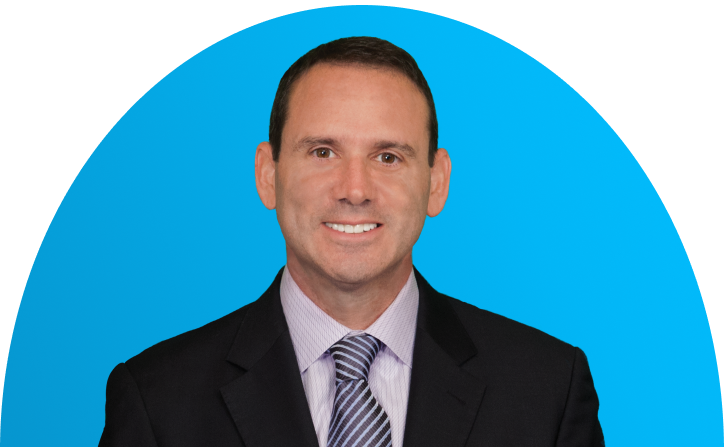A question I am often asked is, can my insurance company drop me?
First, we must properly define the terms “dropped” and “nonrenewal”. Oftentimes people use the terms interchangeable- which is incorrect. Nonrenewal is the point where your policy has reached its normal expiration date. For example, your policy is from January 1, 2020 through January 1, 2021 and thus your policy has expired.
Contrast this to being “dropped” or having your policy coming to an abrupt end. In other words, the insurance company is canceling your policy.
Nonrenewal and cancelation are governed by Florida Statute §627.4133. There are a number of reasons why your insurance coverage may end. I will discuss some of the more common reasons.
Nonrenewal
Your insurance carrier must give you a specific reason as to why your policy is not being renewed. For the most part an insurance company has wide discretion to whether or not they choose to renew your policy. After all, much like yourself, they are free to choose who they want to do business with. It is easier to explain some of the common reasons why an insurer cannot choose to renew a policy.
An insurance company cannot fail to renew a policy solely due to credit history or a credit report. In fact, even if they only use credit as a portion of their reasoning, they must provide you with a copy of the credit report and who provided it. Additionally, a single claim involving water damage cannot be the sole reason for a nonrenewal. Likewise, in most cases a claim for sinkhole damage cannot be the purpose of nonrenewal (unless the policy limits of coverage have been paid or if the repairs were not within accordance of engineering requirements).
The law requires that the insurer give written notice to the insured at least 45 days’ advance of the non renewal date (or if the carrier plans on increasing your premiums).Often times the insurer is required to give you more than 45 days written notice. For example, if you have had the policy is in effect for more than 5 years, then the insurance company is required to give you 120 days written notice (oddly, this does not apply if you “bundle” your home and auto coverage—then you are only entitled to a 90 day notice). If your policy has not been in effect for 5 years you are probably still entitled to a 100 day written notice. There is a caveat to this: if your coverage is set to expire during hurricane season, the insurer must provide notice prior to 100 days or June 1st—whichever is earlier.
It is worth noting, the law actually says “…the first-named insured…” This may be important if you own a home with someone you do not reside with, or if your Florida home is not occupied year-round.
Cancelation
Why an insurance company is canceling your policy is very important. In any case, if the carrier wants to cancel your coverage, they must give you written notice.
The most likely reason for an insurance company canceling a policy is failure to pay the premiums. If an insured fails to pay their premiums, the insurance company must give you 10 days’ written notice before canceling the policy. Nonpayment of the policy premiums requires the least amount of notice from the insurance company and the amount of time you have had the policy is irrelevant.
Many of us with a mortgage on our home have our premiums paid through our mortgage company and the escrow account. If it is determined that the money was available at the time, but the mortgage company failed to pay the premium, there will be no lapse in coverage—if the premiums are paid within 90 days of the due date. Any fees associated with the error will be paid or reimbursed by the mortgage company. Similarly, if the mortgage company failed to pay the premiums within 90 days or if the insurance company refuses to continue coverage—the mortgage lender must pay the difference between the new insurance policy and the previous policy for a period of two years.
As in nonrenewal, how long you have had the policy dictates some of the reasons why an insurance carrier can cancel your policy. For example, after 90 days of coverage your policy cannot be canceled due to credit information available through public records. If the policy has been in effect for less than 90 days, an insurance company usually is only required to provide you with a 20 day written notice.
While 90 days of coverage is an important mark in the insurance timeline, an insured can still be canceled if the carrier determines that there has been a material misstatement (e.g. something was claimed that was untrue). Also, if the insurance company required the insured to make some sort of change prior to coverage and the insured failed to do so—the policy can be canceled. An example of this might be that the homeowner had a certain type of dog on the premises and the insurance company required them to remove the animal prior to the coverage date and the homeowner failed to do so. Likewise, the policy could be canceled if the insured has added a substantial risk to the home which was not there at the time of the policy creation. A common example in Florida would be the addition of a swimming pool without prior notification to the carrier.
If an insurance carrier fails to provide adequate notice of their decision to cancel your policy, the policy will usually remain in effect until you find a new carrier, the policy would have lapsed (when your policy was set to expire), or at the required notice date (for example 90 days).
Damaged Property
If the damaged property claim is an act of God, the insurance company cannot use this as a reason to cancel or not renew your policy—unless, the insurance company can show that you failed to take reasonable necessary action as requested by the carrier to prevent the damage. However, the carrier can increase your rates at the time of renewal. This should not be misunderstood—an insurance company can still cancel or not renew a policy while there is an open claim—it just cannot be the reason.
Important Notes to Consider
- Florida does offer protection against an insurance company from cancellation or nonrenewal of the policy while there is a hurricane. The state requires that the insurance carrier maintain coverage through the duration of the storm. Of course, you will be required to pay any fees associated with this extension.
- As Citizens Insurance is a government entity, some of these rules do not apply to them. Please speak with your agent or contact Citizens Insurance for your specific policy coverage.
- For the most part, running a daycare out of your home is not a reason why an insurer can cancel or non-renew your policy. However, there are some exceptions to this; therefore, you should contact a professional in determining if this applies to your particular set of facts.
- This list is not exhaustive. If you have any questions regarding cancellation or nonrenewal of your policy—please refer to the F.S.S. §627.4133, 626.611(1), the Florida Division of Consumer Services, Florida’s Division of Insurance Agent and Agency Services, or contact an attorney.

Casey Clouchete, Esq.
DISCLAIMER: This website is for informational purposes only and does not provide legal advice. Please do not act or refrain from acting based on anything you read on this site. Using this site or communicating with Cohen Law Group through this site does not form an attorney/client relationship. This site is legal advertising. Please review the full disclaimer for more information by clicking here.








